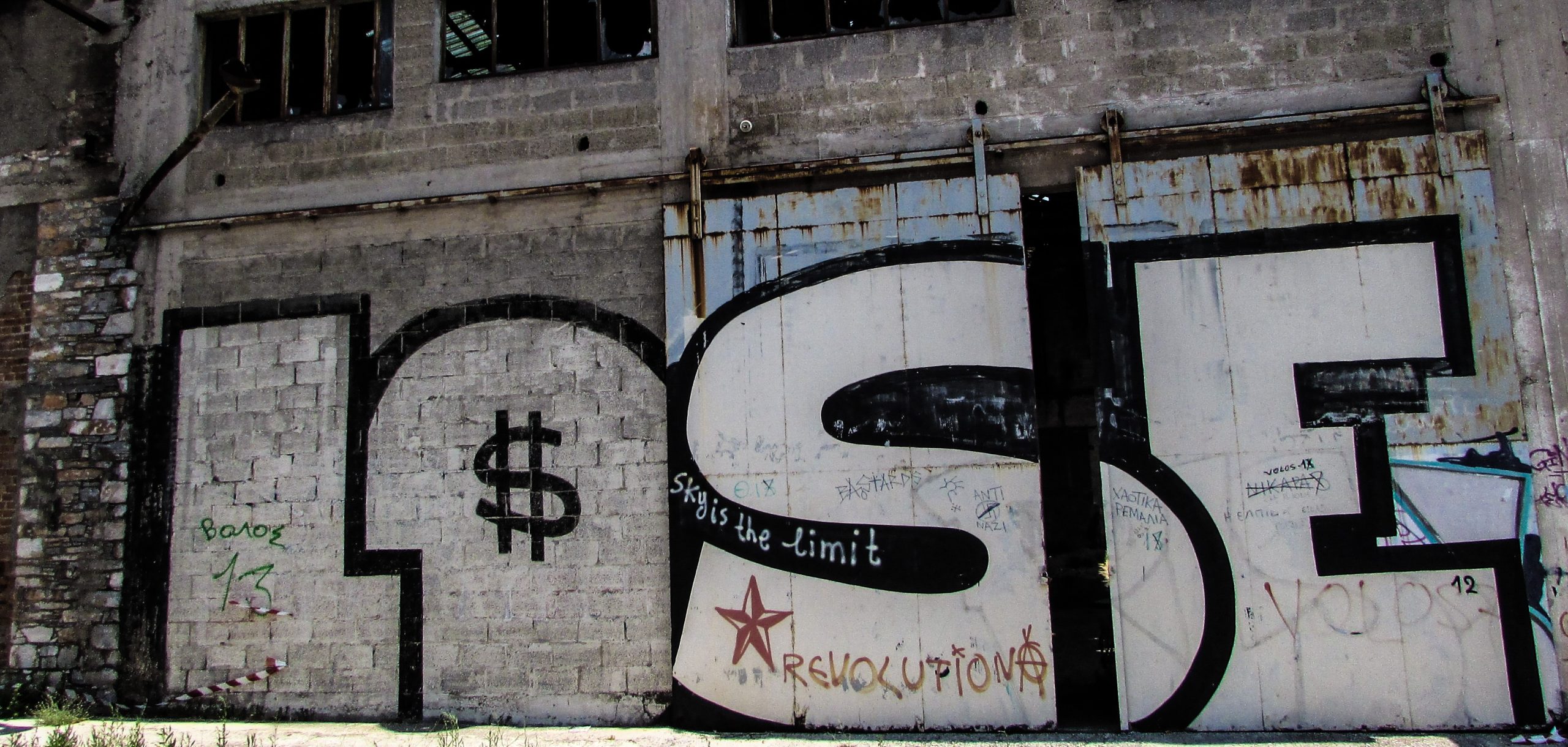It is extremely important to review your home insurance policy to determine what types of damages the policy will actually cover, especially in areas prone to suffer from hurricane damages. Under Louisiana law, the insured individual is required to first prove that the insurance policy covers the cause of the claim. For example, if the policy only covers certain types of causes of damage, such as wind and hail, then the insured must prove that the damage was in fact caused by either wind or hail. Once the insured has done this, then the insurance company can argue that the incident is not covered by the policy. Therefore, it is extremely important that the insured take the time to determine the cause of the damage in order to prove that the policy covers their claim.
A case arising from Lake Charles, Louisiana illustrates this point. In this case, a homeowner suffered roof damage that they believed was caused by Hurricane Ike around September 13, 2008. Four shingles were missing and the insured claimed that this resulted in leakage in several rooms of the home. However, State Farm, the homeowner’s insurance company, determined that the leakage was not caused by Hurricane Ike and reclassified the claim as a “non-hurricane” claim.
State Farm, using several experts, determined that the leakage resulted from normal wear and tear on the roof, and therefore the homeowner’s insurance policy did not cover the leakage damage. Instead, State Farm concluded that only the four missing shingles were the result of wind and that they were the only damages that State Farm should reimburse to the insured; State Farm did not reimburse the insured for the damages caused by the leakage, but just the replacement value of the four damaged or missing shingles. The total damages that State Farm paid were under $500.00.
The insured had damages that were estimated at $9,385.00 by one expert and $204,717.78 by another expert. However, while these experts estimated what the cost of the leakage damage and repairing the roof would be, neither expert determined the actual cause of the damages. One of the insured’s experts thought that the wind had lifted the house’s flat roofing, which allowed water to enter the home. However, the expert could not explain why the nails on the flat roofing were still in place if the wind had lifted it. The State Farm expert, on the other hand, determined that the wind damage only included those four damaged or missing shingles and the leakage was actually caused by normal wear and tear. The State Farm expert concluded that there was “no evidence of roof damage that would be caused by severe weather . . . . The roofs, both asbestos shingle and built up roofs and all associated flashings are past their life cycle and are in need of replacement.”
The insured’s policy did not cover “poor workmanship; wear, tear, deterioration, or latent defect; settling, cracking, or expansion of walls, roofs, or ceilings; or leakage of water from air conditioning systems, household appliances, or plumbing.” Since the State Farm expert determined that the cause of the damage was from normal wear and tear, there was no way that the insured could satisfy the requirement to prove that the policy covered his claim. As such, the court granted State Farm summary judgment.
The court will grant summary judgment where one party cannot meet their required burden as a matter of law at trial. Summary judgment allows the court to avoid costly trials where there is one clear winner before the trial even begins. In this case, where the insured had no evidence that all of the damage he was claiming was caused by an occurrence included in the insurance policy, the court determined that summary judgment was appropriate. If the insured had employed experts that specifically testified as to the cause of the leakage damage, then the court may have allowed the case to proceed to trial. Further, the insured could have made a more diligent effort to report leakage as it occurred, which would help prevent the damage from spreading in the long run.
This case illustrates several very important points for the average homeowner. First, you should carefully read your policy so that you know what type of damage is covered. Second, if necessary, you may need to acquire experts that can explain what caused the damage to your home. Lastly, report damages immediately so that you can avoid costly repairs later on. Continue reading
 One tool courts can use to manage litigation is a Special Master. A Special Master issues reports that a court can consider when ruling on a case. However, what happens if a court disregards the recommendations in a Special Master’s report? This situation raises intriguing questions about the authority and discretion of the court, leaving us to ponder the implications of such actions, as discussed in the case below.
One tool courts can use to manage litigation is a Special Master. A Special Master issues reports that a court can consider when ruling on a case. However, what happens if a court disregards the recommendations in a Special Master’s report? This situation raises intriguing questions about the authority and discretion of the court, leaving us to ponder the implications of such actions, as discussed in the case below. Insurance Dispute Lawyer Blog
Insurance Dispute Lawyer Blog


 If you’ve ever left a job in the middle of a pay period, you might have had to wait to receive your final check. But what if you were fired, reinstated, fired, reinstated, and fired again? Payment of wages gets a bit more confusing.
If you’ve ever left a job in the middle of a pay period, you might have had to wait to receive your final check. But what if you were fired, reinstated, fired, reinstated, and fired again? Payment of wages gets a bit more confusing. Navigating receiving workers’ compensation benefits following an on-the-job injury can be difficult. It is even more difficult when you are an undocumented worker. Unfortunately, that is the situation Candido Perdomo, an undocumented worker, found himself in after he was injured when he was pinned underneath a garbage truck when a road collapsed.
Navigating receiving workers’ compensation benefits following an on-the-job injury can be difficult. It is even more difficult when you are an undocumented worker. Unfortunately, that is the situation Candido Perdomo, an undocumented worker, found himself in after he was injured when he was pinned underneath a garbage truck when a road collapsed.  Some consider the workplace as their second home. It is a place where one can thrive intellectually and network simultaneously. However, when a workplace becomes hostile or sexually charged, it can make an employee’s life unbearable. Therefore, to bring a successful claim against FMLA and a hostile workplace, a plaintiff must prove all elements under FMLA and show proof the hostile environment affected their well-being.
Some consider the workplace as their second home. It is a place where one can thrive intellectually and network simultaneously. However, when a workplace becomes hostile or sexually charged, it can make an employee’s life unbearable. Therefore, to bring a successful claim against FMLA and a hostile workplace, a plaintiff must prove all elements under FMLA and show proof the hostile environment affected their well-being. A considerably large percentage of the United States population holds student loan debt. In addition, most individuals who attend higher education institutions in today’s society graduate with some debt. Phillip Kuzma knows this too well.
A considerably large percentage of the United States population holds student loan debt. In addition, most individuals who attend higher education institutions in today’s society graduate with some debt. Phillip Kuzma knows this too well.  People may be fired for a variety of reasons. Often a dismissed employee feels the termination was unjust or racially based. Bringing a lawsuit under
People may be fired for a variety of reasons. Often a dismissed employee feels the termination was unjust or racially based. Bringing a lawsuit under  It is always difficult when you lose a job. But it can be even more difficult if you feel you were unfairly fired. If you find yourself in this situation, consider what legal options are available. This is the situation Christine Simpson found herself in after being fired from her job as a production technician in Canton, Mississippi.
It is always difficult when you lose a job. But it can be even more difficult if you feel you were unfairly fired. If you find yourself in this situation, consider what legal options are available. This is the situation Christine Simpson found herself in after being fired from her job as a production technician in Canton, Mississippi.